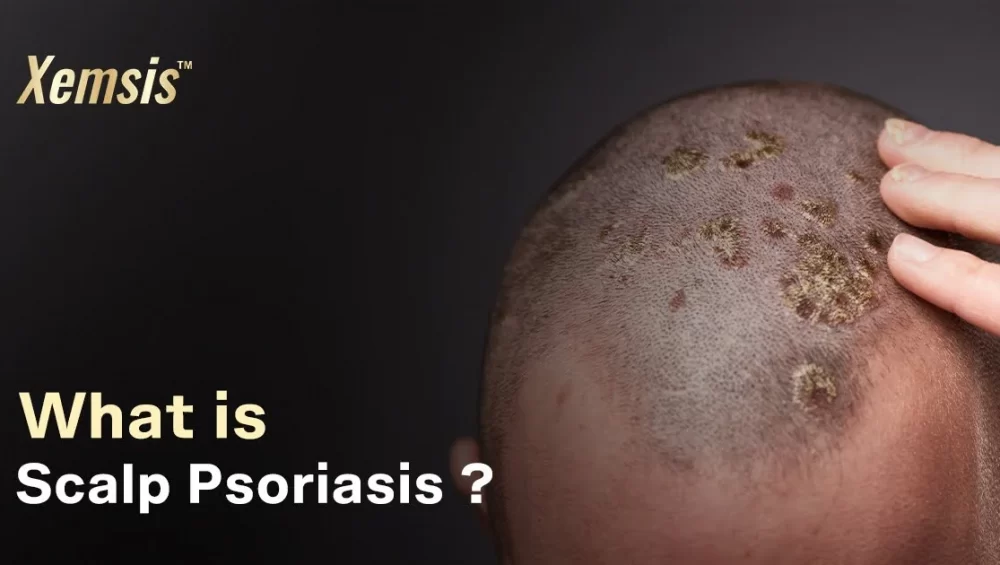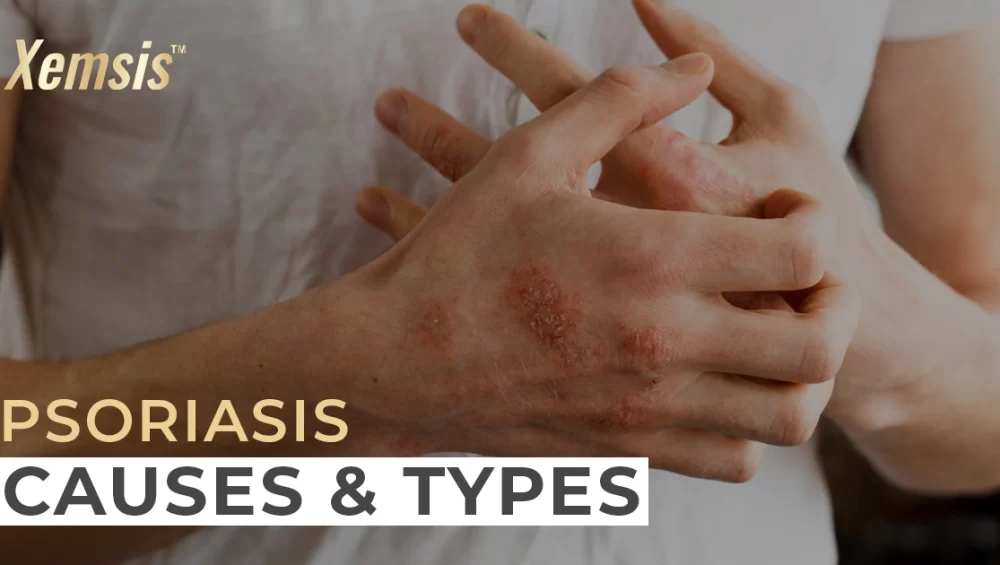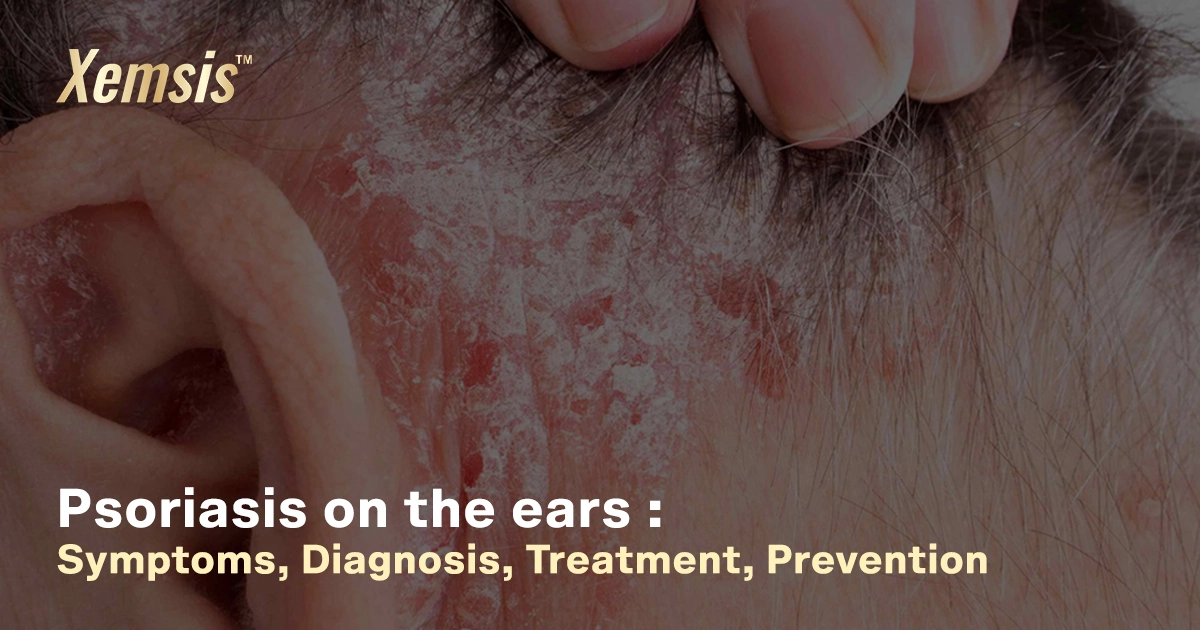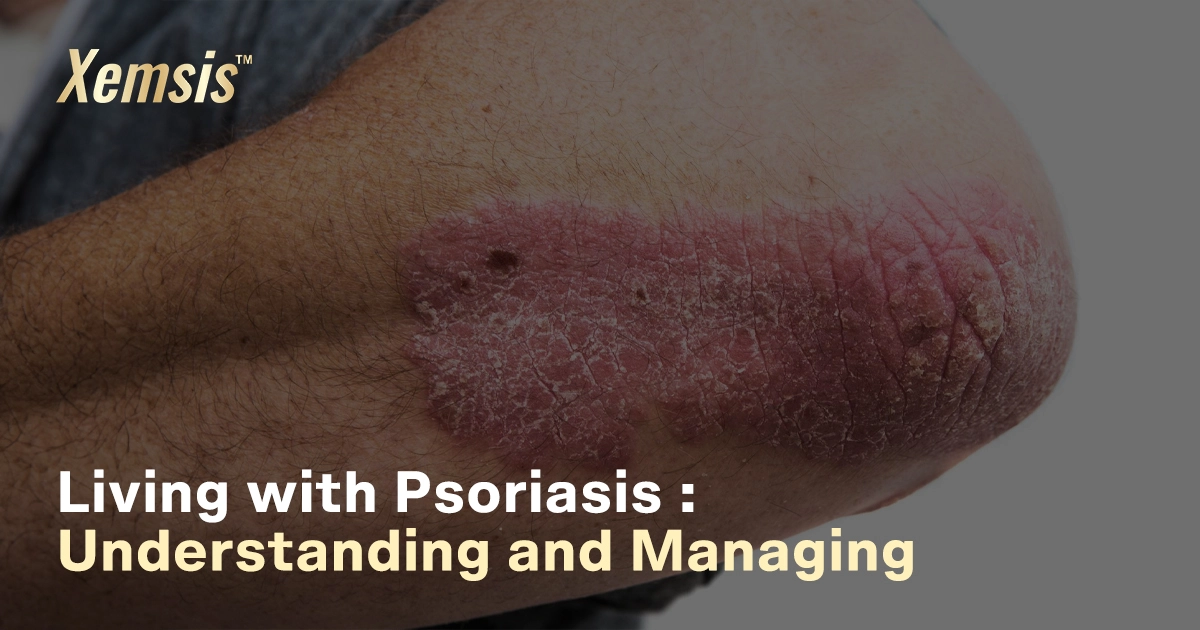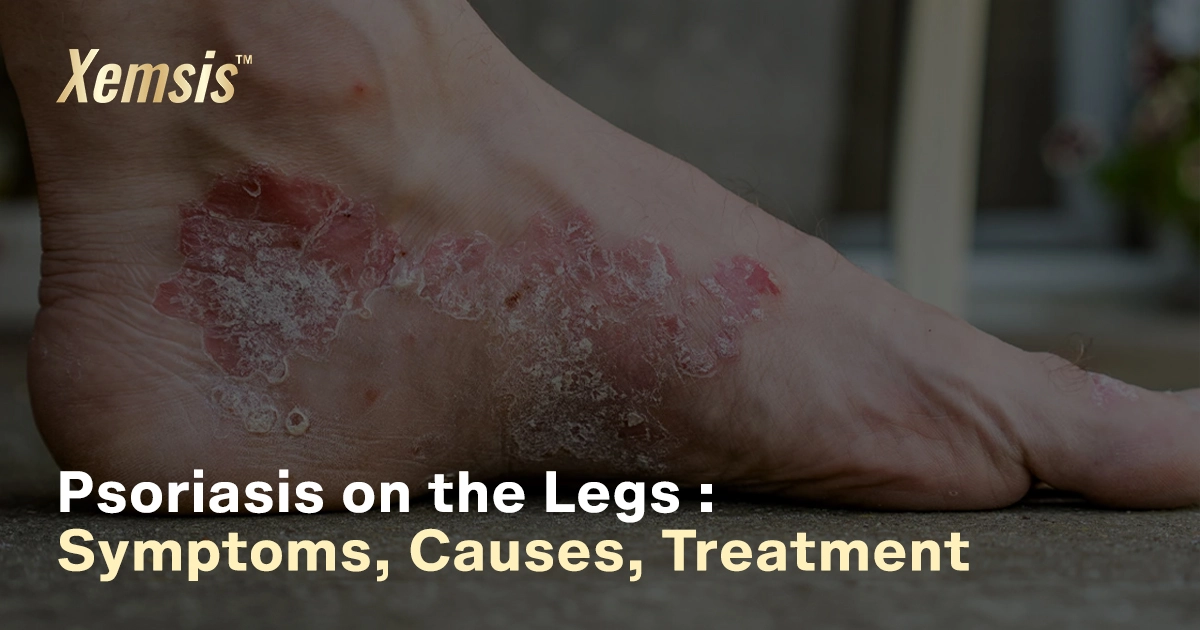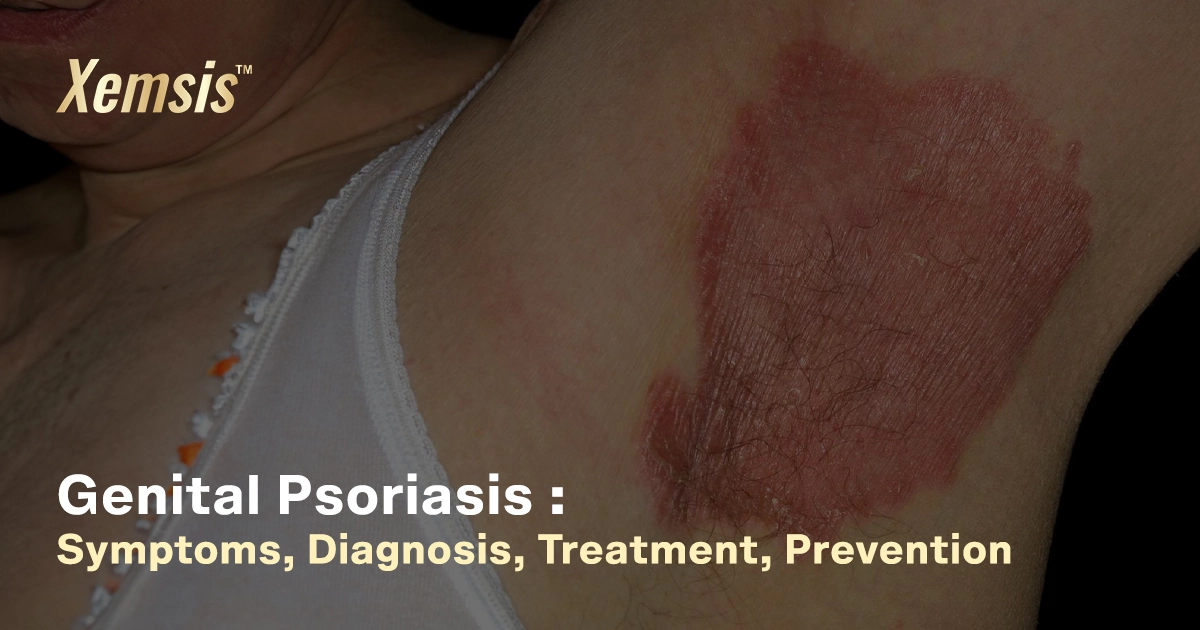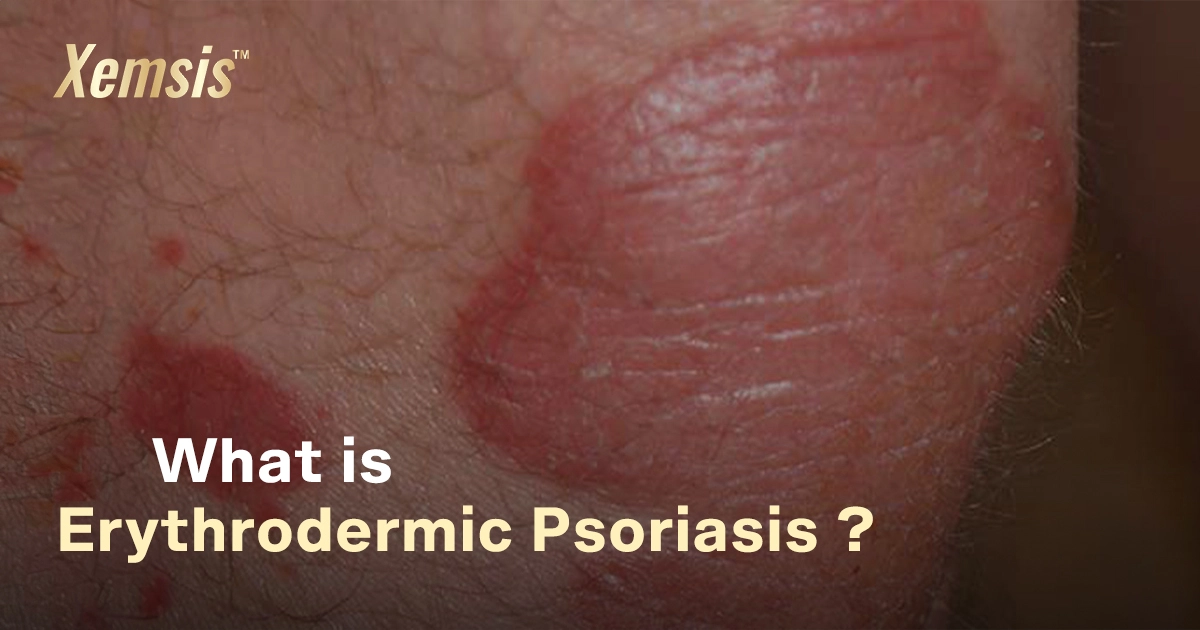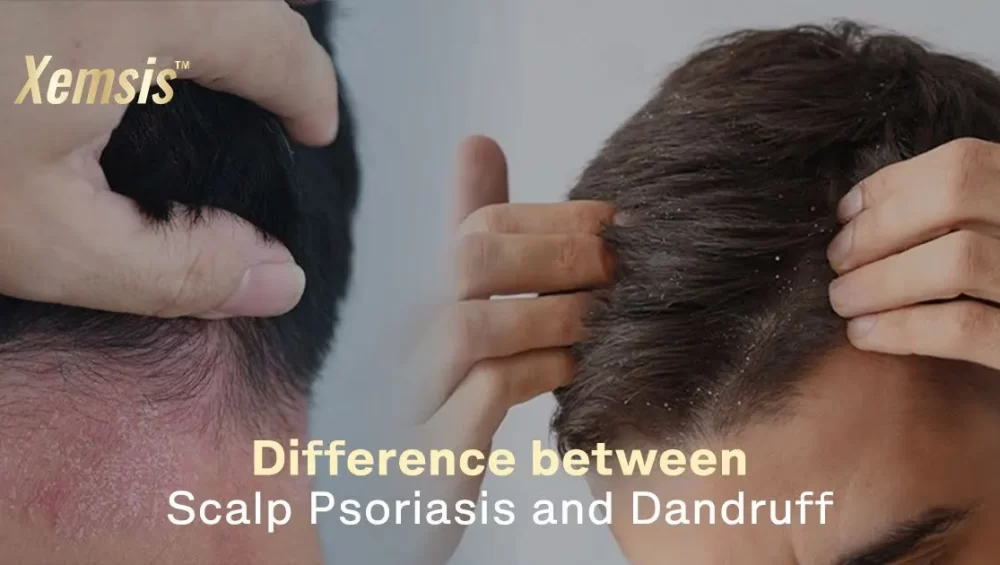 CategoriesScalp psoriasis vs Dandruff
CategoriesScalp psoriasis vs DandruffScalp Psoriasis vs Dandruff
Understanding the difference between Scalp Psoriasis and Dandruff
Scalp psoriasis and dandruff are conditions that occur on the scalp and often look similar, creating confusion in many people. Let’s see how Scalp psoriasis differs from dandruff in this blog.
Scalp Psoriasis |
Dandruff |
|
Condition |
Scalp psoriasis is a chronic autoimmune condition that affects a part or entire area on the scalp | Dandruff is a common condition that affects the scalp and skin which is not very severe. |
Formation |
This forms thick plaques and scales, which cause excess itching on the scalp | This forms as a dry or flaky scale on the scalp and will fall out as flakes |
Symptoms |
It can affect any area of the scalp and will appear as a thick, reddish patch. The affected areas will be itchy, dry flaky, and even bleed. It may also cause temporary hair loss | This causes the affected areas of skin on the scalp to shed a white flake, which usually falls on shoulders and clothes that creates embarrassment in public |
Causes |
The exact cause of scalp psoriasis is not known yet. However, researchers believe that it may be caused by genetics and environmental exposure | The exact reasons for dandruff are also not proven by scientists yet. Doctors believe that poor hygiene, improper maintenance of hair, and overproduction of yeast in the scalp will cause dandruff |
Contagion |
Psoriasis can’t be spread from the affected person to a healthy person through physical contact | Most people consider dandruff to be contagious. But it can’t be transferred person-to-person by physical contact |
Home Remedies |
|
|
The Chemical Process of Creation |
When a person gets scalp psoriasis, the immune system becomes overactive, making the skin cells grow faster than usual. This results in the accumulation of excess dead skin cells on the surface of the skin rather than shedding. That is when the patches and plaques appear | In terms of dandruff, a natural oil called sebum will be released excessively in the scalp. Sometimes a fungus called Malassezia, which is naturally present in everyone’s head, will misprocess and lead to dandruff Malassezia |
Triggers |
Scalp psoriasis will get triggered and worsen with factors like external injuries, infections, excess sun exposure, stress, and certain medications | Dry skin, sensitivity to certain hair products, improper diet, stress, hormonal changes, and improper maintenance of the hair will trigger the dandruff more. |
When should I see a doctor? |
If a person develops excess itching, redness, or inflammation by scalp psoriasis, immediate medical attention is required. | Usually, dandruff can be cured in the home easily and there is no need for consultation with doctors. However, if a person has dandruff that lasts for many days, they can speak to a healthcare professional |
Treatment |
|
Dandruff is not dangerous and usually won’t need specified treatments. Doctors may recommend anti-dandruff shampoos containing zinc pyrithione, Salicylic acid, and coal tar to reduce the fall of flake from the scalp. |
Conclusion
Dandruff is primarily caused by a misprocess that occurs in certain immune systems of the body and can often be managed with over-the-counter shampoos containing antifungal agents. On the other hand, scalp psoriasis is an autoimmune condition characterized by the rapid turnover of skin cells. If you find any of these symptoms of scalp psoriasis, it is recommended that you seek the advice of a professional doctor and follow their guidance.
Rakhul Mathivanan
Rakhul Mathivanan, a writer and filmmaker, focuses on creating innovative and unique content through directing short films, writing scripts, blogs, articles, case studies, and website content. He loves to watch movies, read books, listen to music, and travel. He has also had expertise in the field of writing and filmmaking for over a year and works closely with Xemsis by providing them with well-researched blogs about psoriasis.

